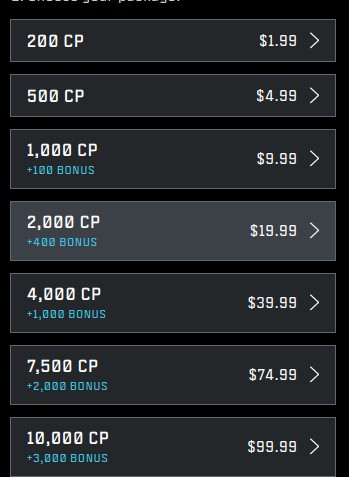
This page talks about alot of very negative stuff and opinions that I have on the state of modern video games. I made this page to highlights my distaste for how the video game industry mistreats their consumers.
Over the past decade, big video game companies have really started to shown their lack of care for their consumers. This is reflected in the way they sell their products, support their customers, and present themselves' to the consumers. A lot of people have begun to look towards indie studios for their unique gameplay, lower prices, and abundance of fun. I personally find myself spending more time with indie titles while playing bigger titles ever so often.
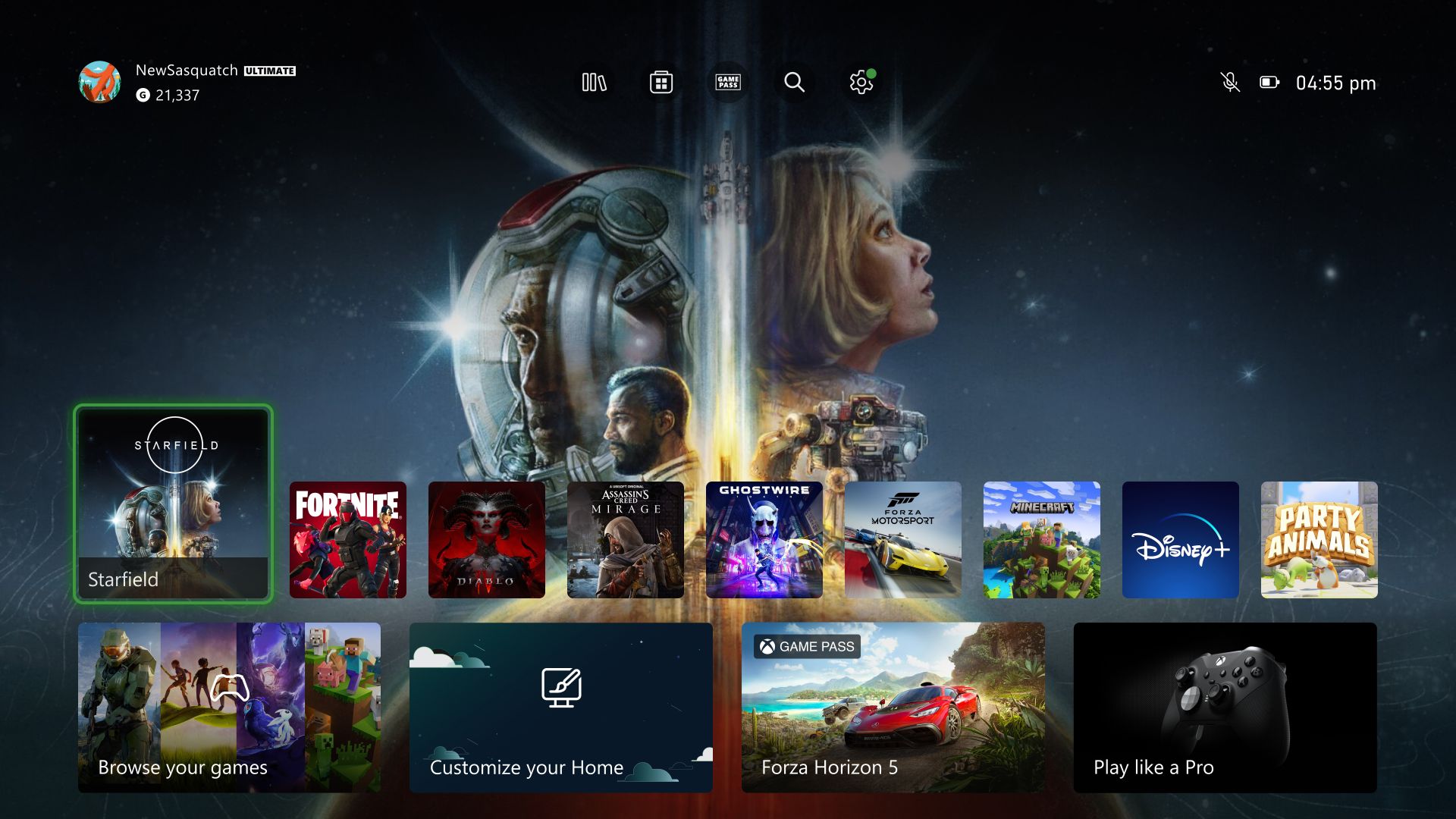
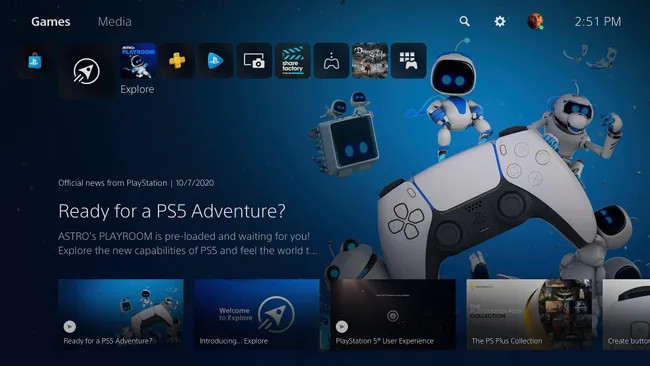
Both the Xbox Series X and Playstation 5 show you advertisements upon looking at the home screen. You'd think that after you spent hundreds of dollars on your new brain-rotting box, they'd give you a little respect by only showing you what you want to see. I understand this type of thing on the Xbox as the thing is sold at a massive loss. Consoles have lost their customization and character. You have no control over UI themes anymore. Every PS5 looks identical because of this.
UI design has become a reflection of corporate perfection, Inoffensive and universally okay looking. People love being able to reflect their interest and identity in how the things they own look. Empowering people to express themselves' is important, but that seems to be lost on modern consoles. Besides the part where video games charge you 20 dollars to express yourselves or have no identity at all.


All modern day consoles require an expensive online subscription for the majority of their multiplayer titles. I understand a subscription model because you have to maintain servers, however, these subscriptions feel often misplaced when games rely on Peer-to-Peer networking for the majority of the game.
Grand Theft Auto V is a perfect example of this. Although Rockstar Games (the developers of GTAV) have to run servers to manage player data and the social networking, the actual game itself is entirely Peer-to-Peer. This means there is no server which is calculating things like AI traffic, player physics, and general game data, all of that is handled by the consoles which are running the game. All of that expensive computing is happening on machines that Rockstar does not have to pay for! Plus, GTAV is filled to the brim with microtransactions which fuel Rockstar's profits, there is no reason I need to pay 10 dollars a month for their online mode. One of the big ways that games could greatly reduce the cost of their online modes is through community hosted servers.
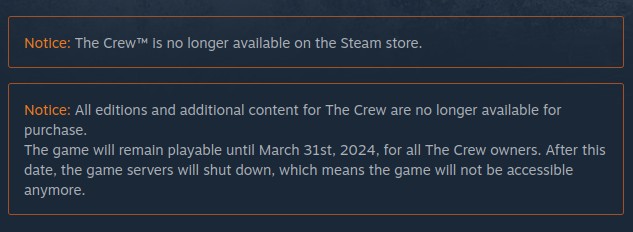
Some of the games which I play on a daily basis have existed for quite some time and yet, despite their old age and lack of first party support, they thrive. This is because older games gave their players some control over their experience within the game. Team Fortress 2 is a great example of this. Although the devs have left it 4 dead, the game continues to see a consistent playercount. Although I am most certain TF2 has long past its "golden days," community created maps, plugins, mods, and servers fuel the playerbase. Team Fortress will always find a way to stay fresh through the creativity of the community and the community's ability to be independent.
Just about every AAA title that comes out today has a locked down backend and offers little in the way of customization; No tools to build upon what is already there. Because game studios are unwilling to provide the players' the ability to run their own servers, a lot of these games go offline and become completely unplayable. The Crew is a perfect exmaple of this. Ubisoft could've provided players the ability to host their own backend to keep the game going, but no, they choose to smack paying customers in the face.
Video games which have community servers are bound to last forever. People are still playing Unreal Tournament from 1999 to this day. When Knockout City died, they provided the ability to host your own private servers and offered the game for free. This is exactly what every live game should do upon death. This keeps the game available for archival purposes and for those who still want to play.

Many games tend to lean towards very expensive and manipulative ways of making money. Call Of Duty is an example of this. Every year, a new CoD game is released for full price. Every title is a slightly repackaged version of their predecessor and the games are filled with micro-transactions. These micro-transactions are also tied to fake game currency which gives the company providing the fake game currency more control over your money.
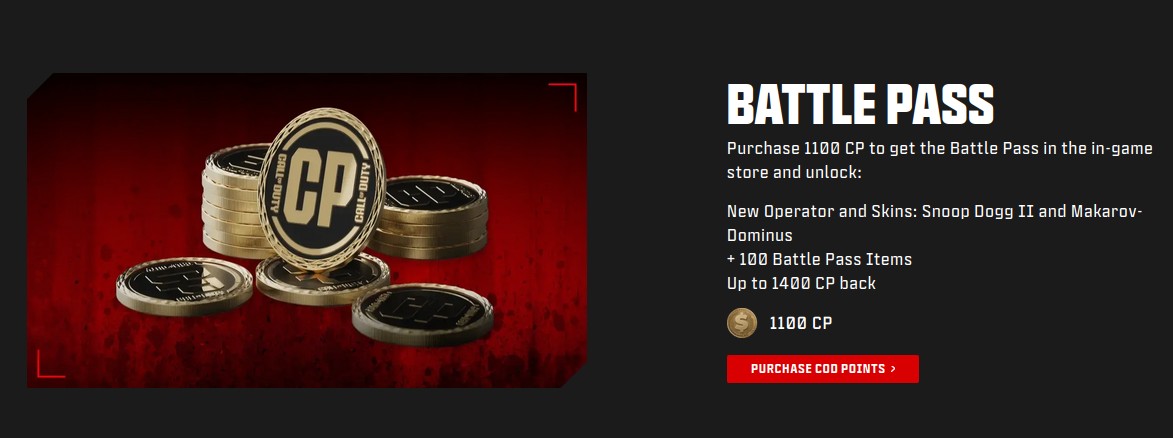

CoD games have also adopted the "Seasonal Battle-Pass" which basically means you pay money before you get your rewards. Then, you have to play the game for hours and hours and hours to get those paid rewards. On top of that, Battle-passes in most games have a time limit. Despite you spending money on the game, they add the Fear Of Missing Out (FOMO) to force you to play once you've made your purchase.
Fake game currency is like the scrip of consumers. They hide the real value of how much you are spending and psychologically tie you to the product. Micro-transactions also often awkwardly price themselves in order for you to spend more. For example: The CoD Battle-Pass will cost you 1100 Cod-Points, there is an option to buy 1000 CoD Points + 100 bonus CoD points for 10 dollars. Why is it a bonus? They aren't losing anything from you getting the extra 100 points. They aren't losing anything from you getting 1000 CoD points, they hold no real world value.
Game studios have become scared to try new things. As every genre of video game begins to find mainstream success, formulas begin to form in how every game is structured. A shooter from 2014 plays identical to a shooter made in 2024. Games have become uninspired and no longer have to try to make something original. Every game studio has their established IPs and gain success from simply being that IP.
It also seems that games have abused our improved hardware performance through caring less and less about optimization. As hardware gets faster, my expectation is that game studios find ways to take advantage of the extra computing through new gameplay which was once impossible due to the hardware limtations. However, video games play the same as they did 10 years ago, but you have to have a machine which is multitudes more powerful than what was considered the latest and greatest all those years ago.
What happened to video games being full of physics and interactive environments? One of my favorite examples is the super detailed cloth physics present in Mirrors Edge. Although it did not add much to the core gameplay, it showed that this game was new and advanced. Environments now seem to be static and lifeless.
A big example of high performant hardware being misused is the over abundance of real-time path-traced lighting. Although, yea, path-traced lighting looks great, its often misused. The primary use case for path-traced lighting is when your environment is dynamic and the shape of the world and/or lighting sources are not consistent. In any other scenario, static lighting solutions should be used. Baked lighting can look much better than path-traced lighting while being 10x less expensive on processing power.

Over the past decade, game studios have realized that they can keep people playing their games' through providing the players with the ability to create gamemodes, cosmetics, minigames, maps, and other things within their game. What I just described is not bad, however, players are often not treated fairly and are not given proper control over their creations. The ToS provided with these games often outline that you do not actually own or have any rights over your creations made within those games. Some quote on quote games have esesntially started using the playerbase as underpaid/unpaid developers.
ROBLOX will be my primary example for this section. ROBLOX itself is not a game, it is a game engine. Players make games for other players to play. Over time, you get paid in ROBLOX's digital currency, Robux. Once you've gotten enough Robux, you can exchange them for real dollars. However, the amount of money you are getting paid is greatly below the amount of a real developer. Even though you, the player, are the reason why people are playing ROBLOX, you do not get paid a reasonable amount of money for your hardwork.
If you want to develop a video game, why do it on a platform where you are not getting a fair share of the profit? Mainstream game engines still take a cut from your profits, however the tools they provide you are much more powerful and the legal rights you have over your creations are much stronger. If you want a true "no strings attached" option, Godot is in active development and slowly working its way up to becoming a confident engine for developers.
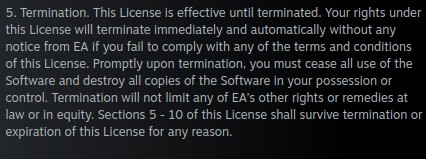
Modern video games can no longer be "purchased," now you are just paying for a revokable license. When you buy a 70 dollar game, you don't own it, your ability to play can be stripped away at any time. On the bright side, It is very hard to find an example of this happening. Games get delisted, but the people who purchased those games are able to play and download them.

Many competitive shooters have kernel level anti-cheat which have way more control over your system than they should. By adding kernel level anti-cheat to your game, players must trust you with complete access over their system. There is no real good solution to cheaters, but having actual moderators watch over games seems to work fairly well on a small scale. I find myself enjoying community servers in shooters for this reason. Team Fortress 2's official servers are often unplayable due to cheaters, however, community servers stay relatively cheater free due to active moderation.
Anti-cheat doesn't just present strange and bothersome security concerns, but it actively prevents players who are on Linux from playing games. Despite compatibility tools doing all the heavy lifting for supporting video games, anti-cheats often get in the way.
DRM is used to try to prevent piracy but more often than not, it ruins the game for legitimate players. I have bought second-hand physical copies over the years just to find that they are not playable due to DRM. Having a single-use code with your physical game makes it so the game can't be resold. Your physical copy is essentially useless now. I also like to play a lot of games on my Steam Deck while in remote locations with no internet. I find some games to be unplayable due to always online DRM. If a game studio is worried about pirating, do not give people a reason to pirate your game.
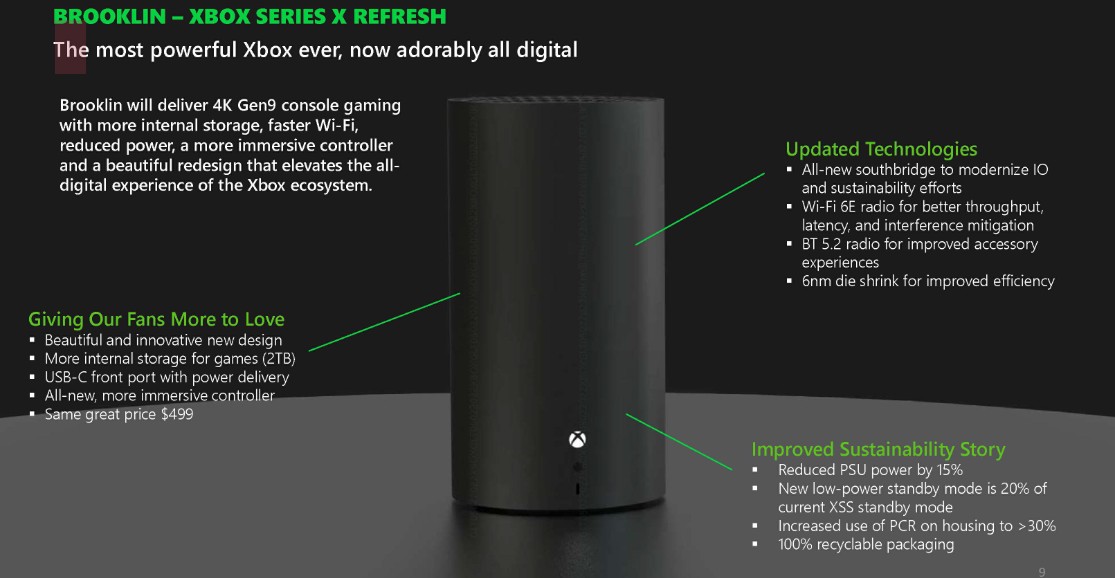
It seems like Microsoft is planning to introduce a cloud only Xbox. A future where all games are sold on cloud services means zero ownership. If you aren't running the game locally, you can't modify the game or play offline. This would kill mods and archival of games. If a game is no longer purchasable, there would be no way to archive the game for people to play. Subscription models would be more overbearing as people would have to pay for access to a console. This could also mean the death of fast computer hardware which is affordable to the consumer. Cloud gaming could stomp out the market for fast consumer hardware as the majority of consumers fall into the cloud gaming ecosystem.
There is not much you can do. But that doesn't mean you have to stop playing video games. Hell, ignore all the terrible things I've said, just have fun. I still end up spending money on games from predatory game studios, but that is because sometimes there are genuinely good games under all the corporate stink. Most of, if not all the issues I've mentioned are a bi-product of greedy management, not the people who are pouring their blood sweat and tears into these video games. Minecraft is owned by the Microsoft Corporation and I deeply hate that company, however Minecraft is a genuinely fun game and there is so much to it besides just "being a Microsoft product."
If you really do want to stop supporting big monopolistic video game corporations and their shenanigans, here is a list of games from a variety of different genres where I have some respect for the company/person behind it. Not all of these games I have played extensively myself. I would love to hear recommendations for things to add to this list. I am mostly looking for open source games. ARR is okay too, as long as the license is not too overbearing. This list is not for people looking exclusively for free licensing.